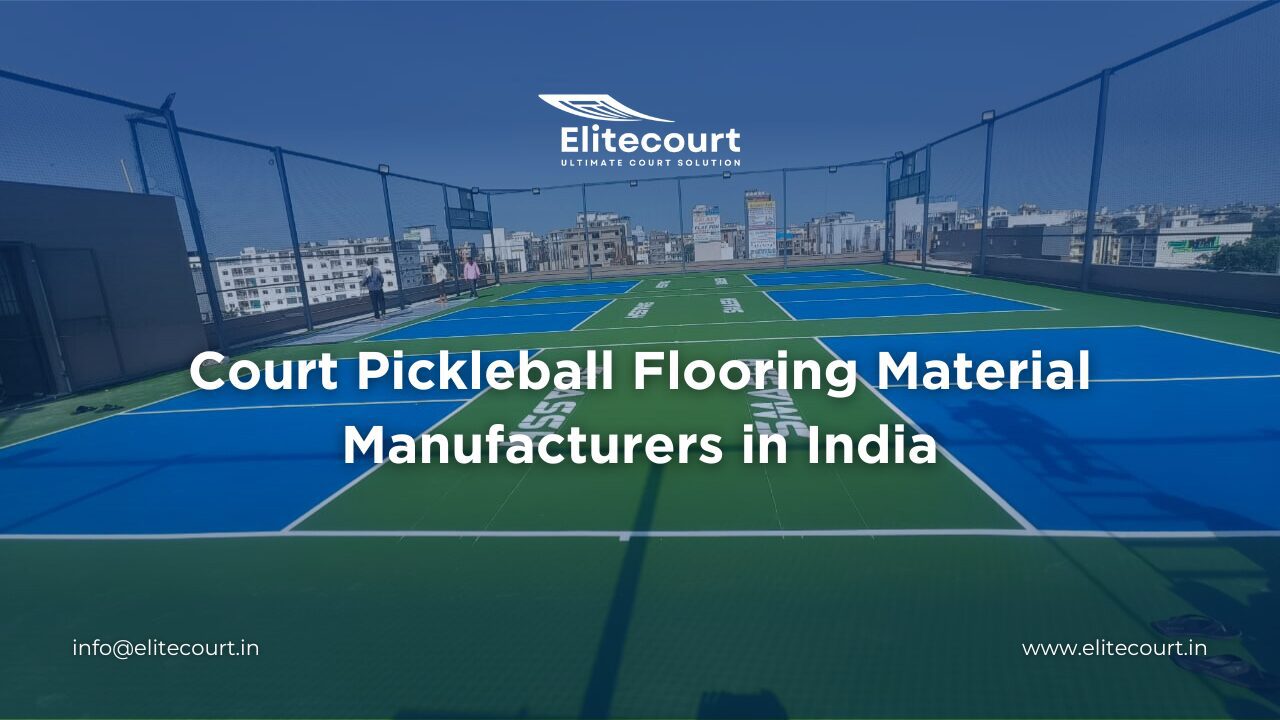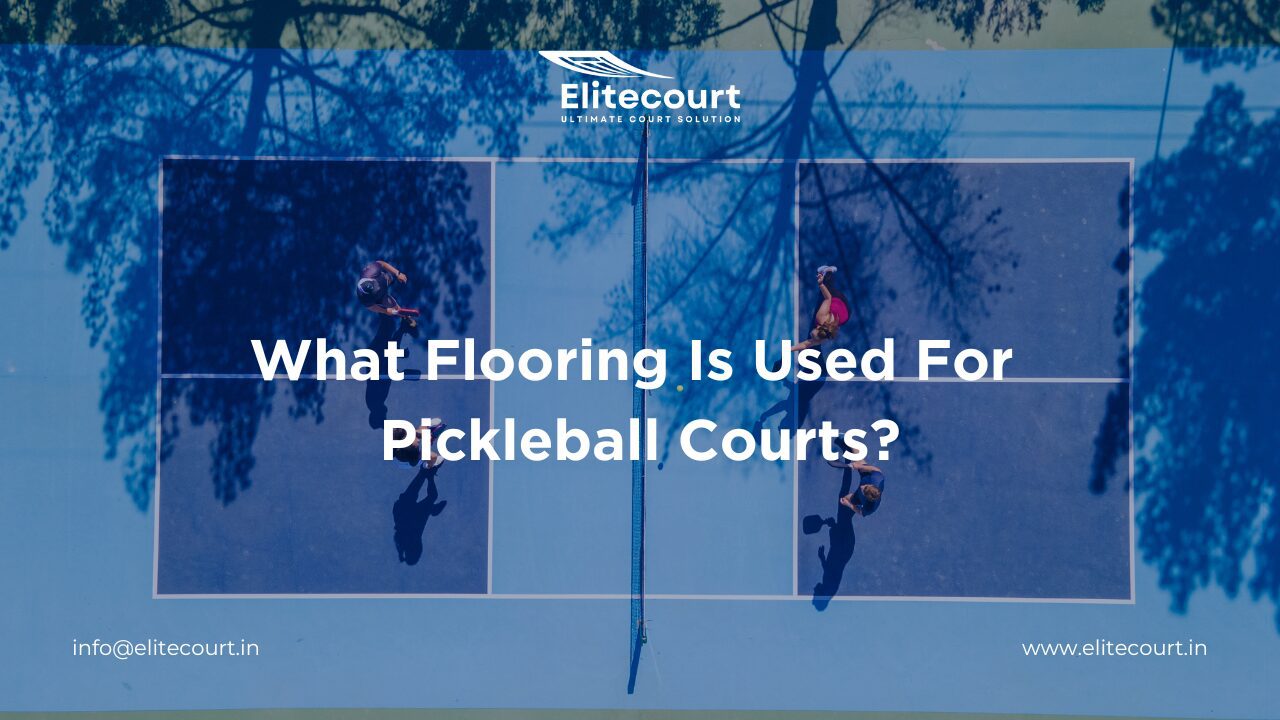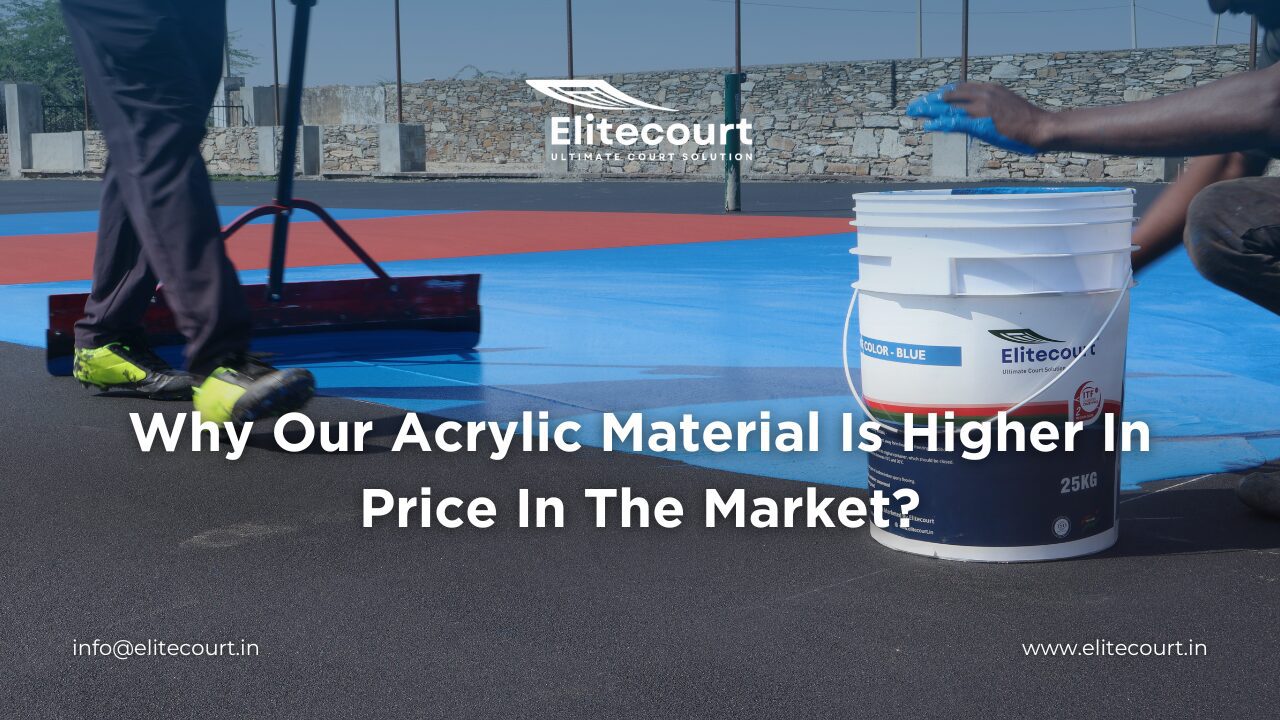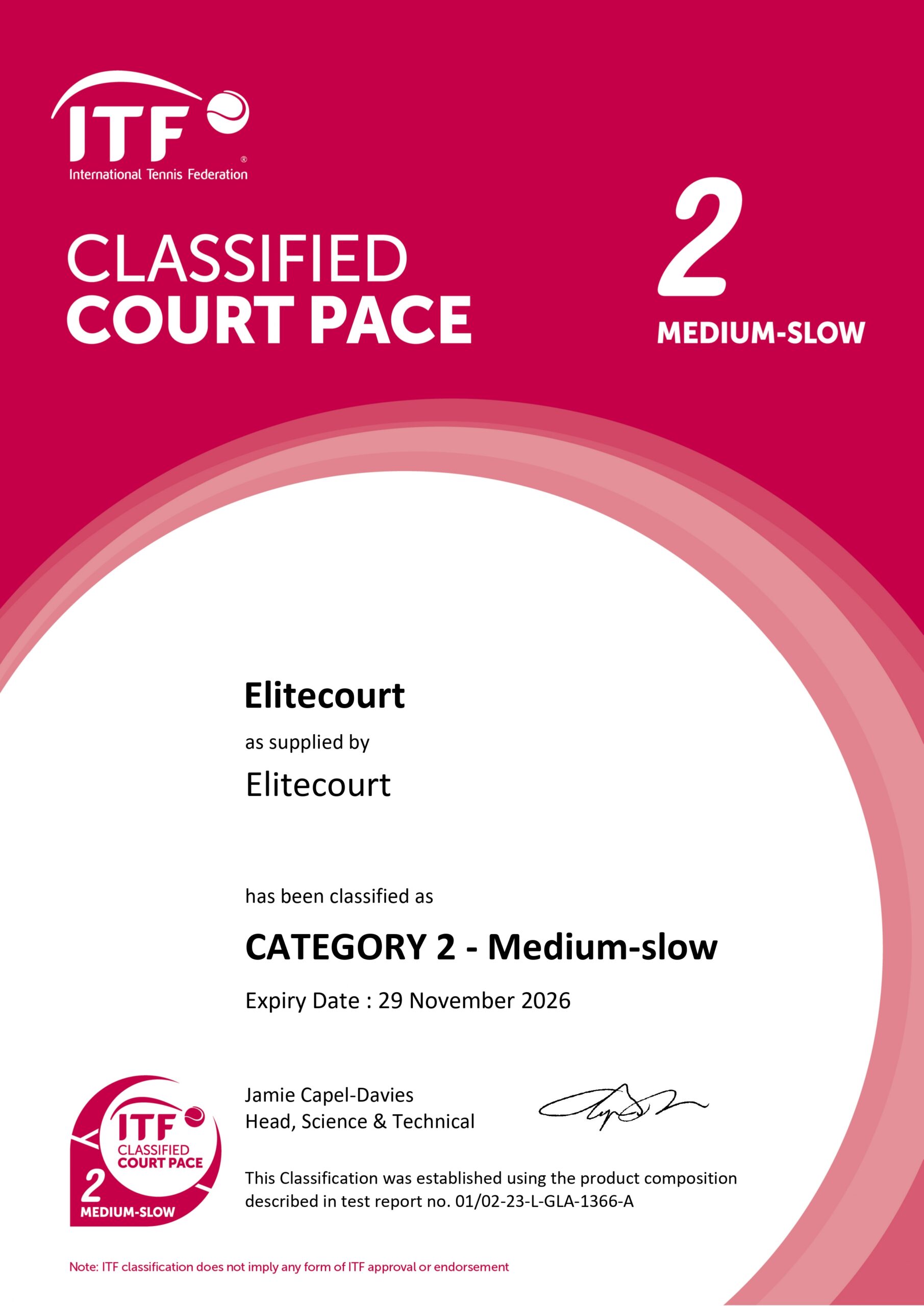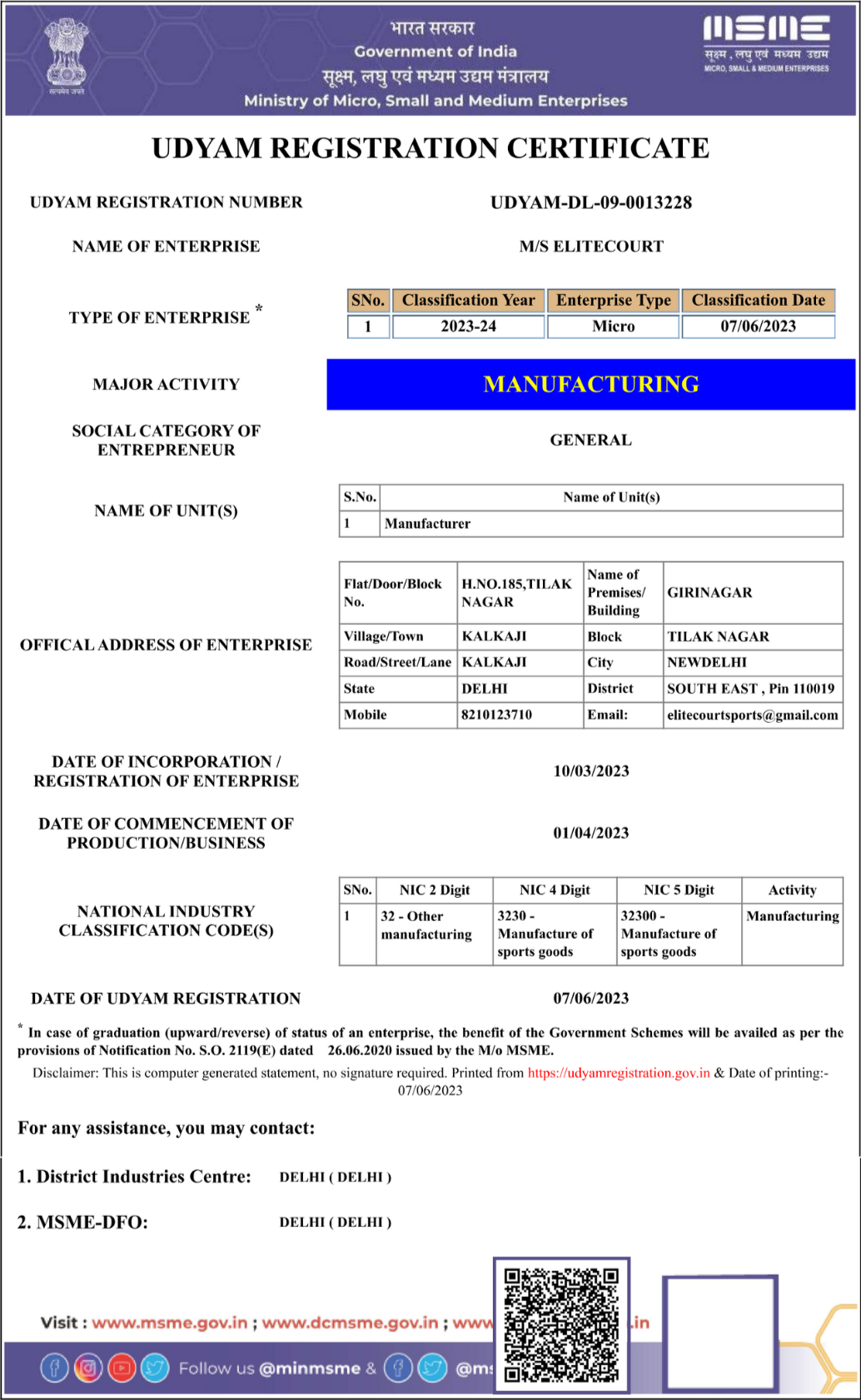Synthetic Flooring for Basketball Court: Enhancing Performance and Sustainability

Table of Contents
Introduction
In recent years, synthetic flooring has emerged as a popular choice for basketball courts due to its durability, customization options, and cost-effectiveness. This article explores the various benefits of synthetic flooring, installation tips, maintenance guidelines, and why it’s preferable over traditional hardwood.
Why Choose Synthetic Flooring for Basketball Courts?
Durability and Longevity
Resistance to Wear and Tear
Impact on Player Performance
Installation of Synthetic Flooring for Basketball Courts
Step-by-Step Guide
Preparation of Subfloor
Choosing the Right Adhesive
Installing the Synthetic Tiles
Maintenance Tips for Synthetic Flooring
Daily Care Routine
Cleaning Products and Techniques
Repairing Minor Damage
Dealing with Stubborn Stains
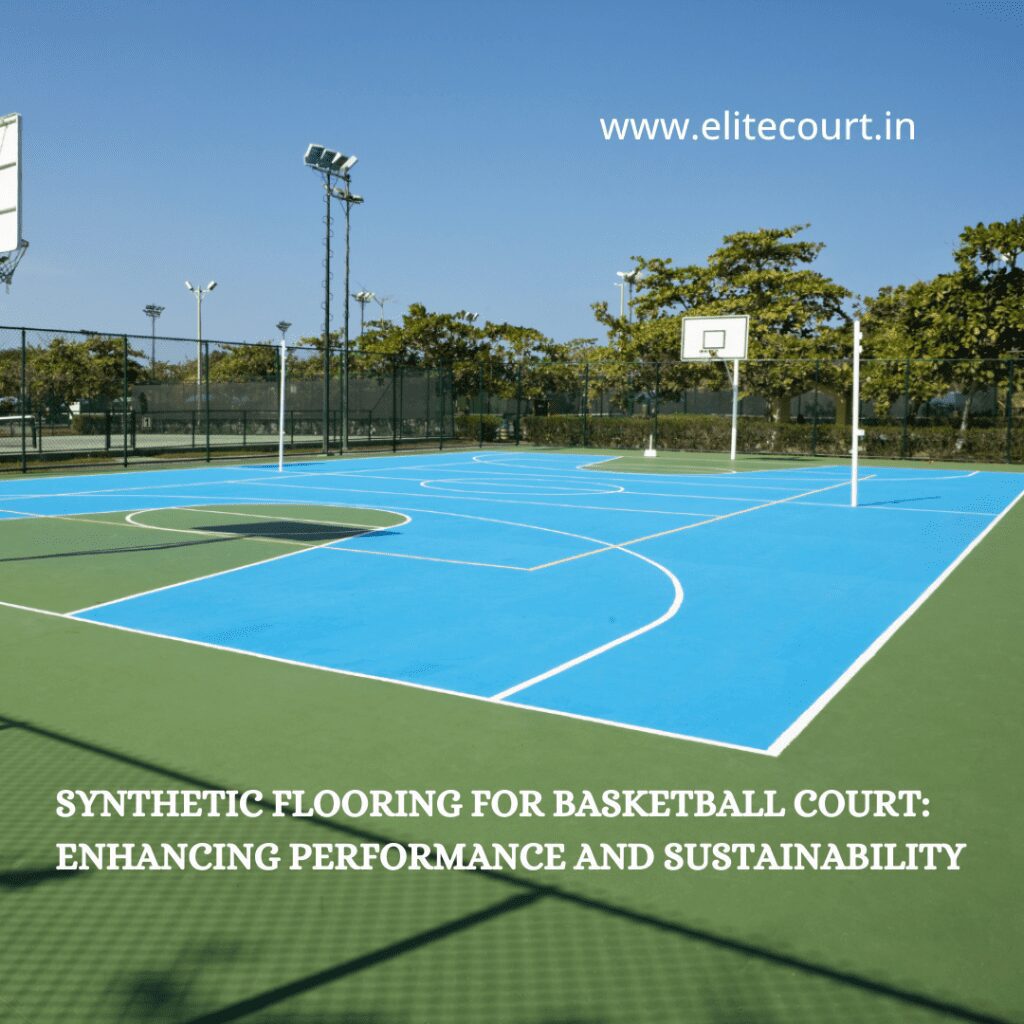
Top 5 Synthetic Flooring Brands for Basketball Courts
Brand Comparison
Features and Benefits
Customer Reviews and Feedback
Warranty Information
FAQs about Synthetic Flooring for Basketball Courts
1. What are the advantages of synthetic flooring over hardwood for basketball courts?
2. How often should synthetic flooring for basketball courts be replaced?
3. Is synthetic flooring environmentally friendly?
4. Can synthetic flooring be customized with team logos and colors?
5. What is the cost difference between synthetic and hardwood flooring for basketball courts?
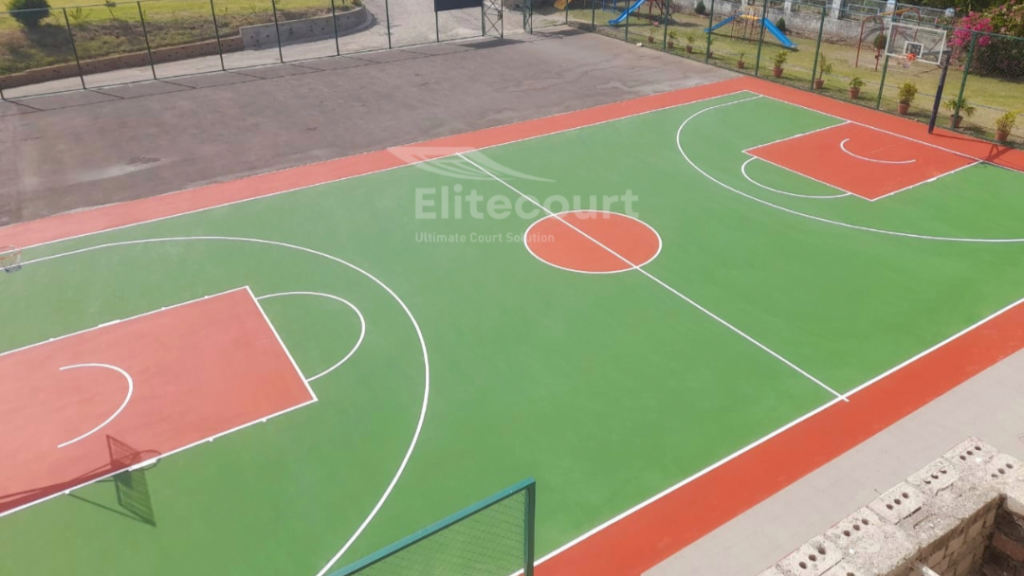
Synthetic flooring has revolutionized the way basketball courts are constructed and maintained. Unlike traditional hardwood floors, synthetic alternatives offer a range of unique benefits that cater specifically to the demands of indoor sports like basketball.
Durability and Longevity
One of the standout features of synthetic flooring is its exceptional durability. Made from resilient materials such as polyurethane, PVC, or rubber, synthetic floors can withstand heavy foot traffic, intense gameplay, and frequent maintenance without showing signs of wear and tear. This longevity makes them a cost-effective choice for sports facilities looking to minimize long-term maintenance costs.
Impact on Player Performance
Safety and performance go hand in hand in any sports environment. Synthetic flooring often includes shock absorption properties that help reduce strain on players’ joints and muscles during intense games. This feature not only enhances player comfort but also minimizes the risk of injuries, making synthetic flooring a preferred choice for both professional and amateur athletes.
Customization Options
Unlike traditional hardwood, which offers limited design options, synthetic floors can be customized to reflect team colors, logos, and sponsor branding directly onto the court surface. This flexibility allows sports facilities to create a unique and personalized atmosphere that enhances the overall experience for players and fans alike.
Installation of Synthetic Flooring for Basketball Courts
Installing synthetic flooring requires careful planning and execution to ensure optimal performance and longevity. Here’s a step-by-step guide:
Preparation of Subfloor
Before installation, ensure the subfloor is clean, dry, and free of any debris or moisture that could affect adhesion.
Choosing the Right Adhesive
Select a high-quality adhesive recommended by the flooring manufacturer to ensure proper bonding and longevity of the synthetic tiles.
Installing the Synthetic Tiles
Carefully place each tile or roll of synthetic flooring, ensuring precise alignment and tight seams to prevent gaps or uneven surfaces that could impact gameplay.
Maintenance Tips for Synthetic Flooring
Proper maintenance is essential to prolong the lifespan and appearance of synthetic flooring:
Daily Care Routine
Regularly sweep or vacuum the floor to remove dirt and debris that could scratch or damage the surface.
Cleaning Products and Techniques
Use manufacturer-recommended cleaning products and techniques to remove stains and maintain the floor’s integrity.
Repairing Minor Damage
Address minor scratches or tears promptly using repair kits provided by the flooring manufacturer to prevent further damage.
Top 5 Synthetic Flooring Brands for Basketball Courts
When choosing synthetic flooring for your basketball court, consider these top brands known for their quality and performance:
Brand Comparison
Compare features such as durability, shock absorption, customization options, and warranty coverage to find the best fit for your facility.
Customer Reviews and Feedback
Read reviews from other sports facilities to gauge user satisfaction and performance in real-world applications.
Warranty Information
Check the warranty coverage offered by each brand to ensure protection against manufacturing defects and premature wear.
Conclusion
Synthetic flooring for basketball courts offers numerous advantages over traditional hardwood, including durability, customization options, and ease of maintenance. Whether you’re renovating an existing court or planning a new facility, synthetic flooring provides a modern solution that meets the rigorous demands of indoor sports while enhancing player safety and performance.
FAQs about Synthetic Flooring for Basketball Courts
1. What are the advantages of synthetic flooring over hardwood for basketball courts?
Synthetic flooring offers superior durability, customization options, and ease of maintenance compared to hardwood. It also provides better shock absorption, enhancing player safety and performance.
2. How often should synthetic flooring for basketball courts be replaced?
The lifespan of synthetic flooring can vary depending on usage and maintenance. Generally, high-quality synthetic floors can last 10-15 years or more with proper care.
3. Is synthetic flooring environmentally friendly?
Many synthetic flooring options are now made from recycled materials or are recyclable themselves, making them a more sustainable choice compared to traditional hardwood.
4. Can synthetic flooring be customized with team logos and colors?
Yes, synthetic flooring can be customized with team logos, colors, and sponsor branding directly onto the court surface, offering a personalized touch to sports facilities.
5. What is the cost difference between synthetic and hardwood flooring for basketball courts?
Initial installation costs for synthetic flooring may be higher than hardwood, but the long-term maintenance savings and durability make synthetic flooring a cost-effective choice for sports facilities.

